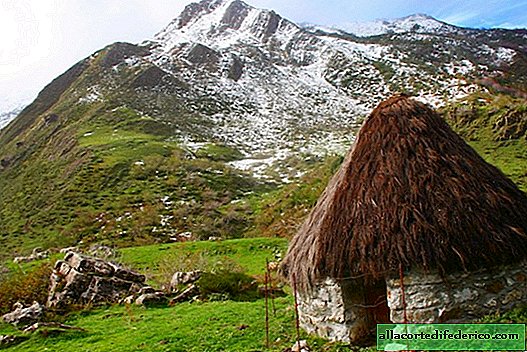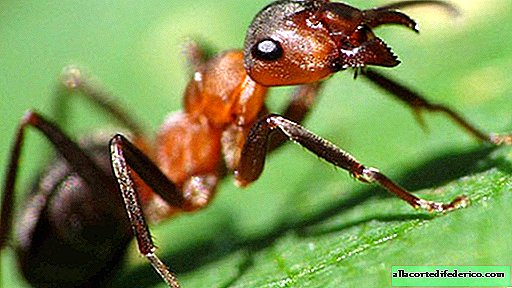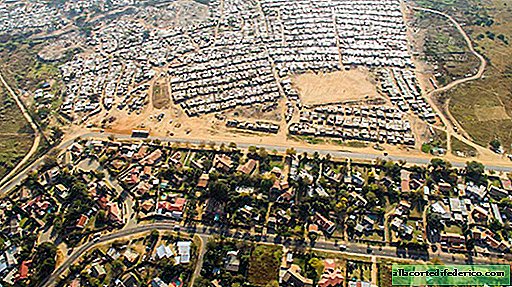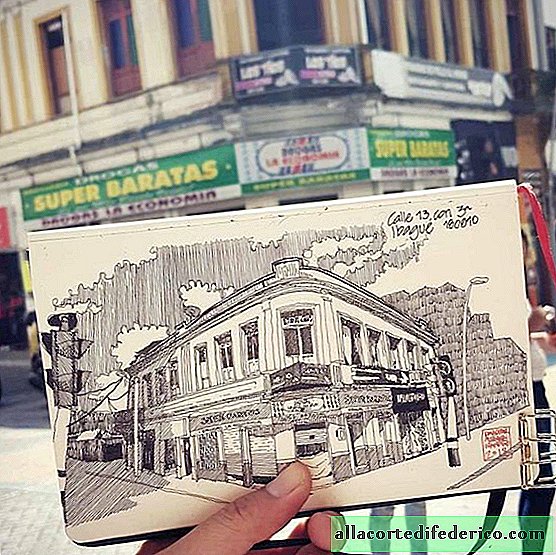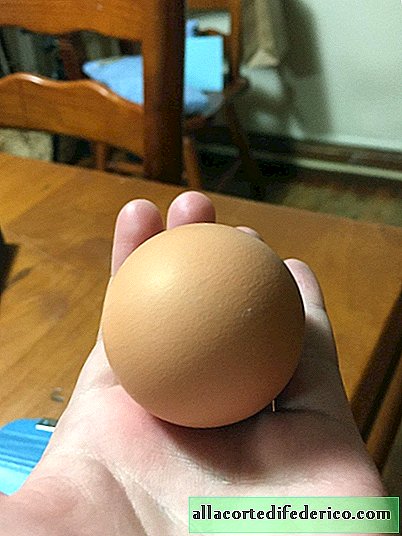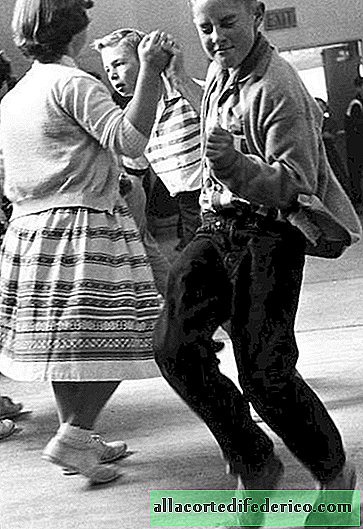Third floor: why are boys dressed and raised as girls, and who are bacha-posh
In the culture of some peoples, there are very unusual traditions that often shock foreigners. But they are still alive, despite world trends and the spread of the Western way of life. And it will not be about cannibalism or ritual sacrifices, but about the unusual tradition of raising children when a girl is raised as a boy and considered such until a certain time, or, conversely, when the boy begins to play the girl’s social role.

In the culture of some Polynesian peoples, the custom of “making” girls from boys, who play a special social role in society, is still widespread. Such people are called faafafin, which means "like a woman," or "in the image of a woman." If there are boys in the family, but for some reason there are no daughters, then one of the boys is raised by parents as a girl, and he, being a man from a biological point of view, subsequently becomes a faafafin. Such children first help their mothers by doing women's homework, which is always a lot in traditional families, much more than men's work. As adults, the Faafafin continue to take care of younger children, parents, sick or elderly relatives, which is their main social purpose. This practice is widespread, for example, in Samoa, an island nation in the Pacific Ocean. There are even associations and clubs in the Faafafin that unite people born of men but who have become women. Faafafin are full members of society, a special third gender, and beauty contests are even held among their representatives.

A slightly similar situation can be observed in Afghanistan and parts of Pakistan, where there is a reverse practice, when a girl is raised as a boy. Such an unusual way to find a son is resorted to if there are no sons in the family, and only girls are born, which is traditionally perceived with condemnation. And then parents, in order to avoid public pressure and censure widespread in such cases, “appoint” another girl as a boy. These girls are called bacha-posh.

They are dressed in men's clothes and cut short, they can play with the boys on the street, play sports, are more free in their actions and are exempted from performing women's household chores. In addition, bacha-posh can accompany his sisters when leaving the house, that is, performs the social role of brother and man in the family. But the difference from the Polynesian tradition is that bacha-posh is a temporary status: the girl has to return to the female image after she becomes an adult. Many bacha posh frankly say that this is not easy, because a girl accustomed to freedom and a “masculine” lifestyle is very different from her peers, who were initially raised as girls. In addition, it is difficult for such girls to find a spouse: few people want to connect fate with a rebellious and freed woman who is not used to homework.




